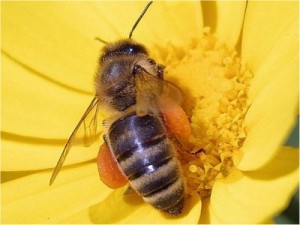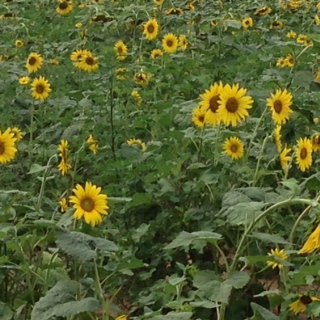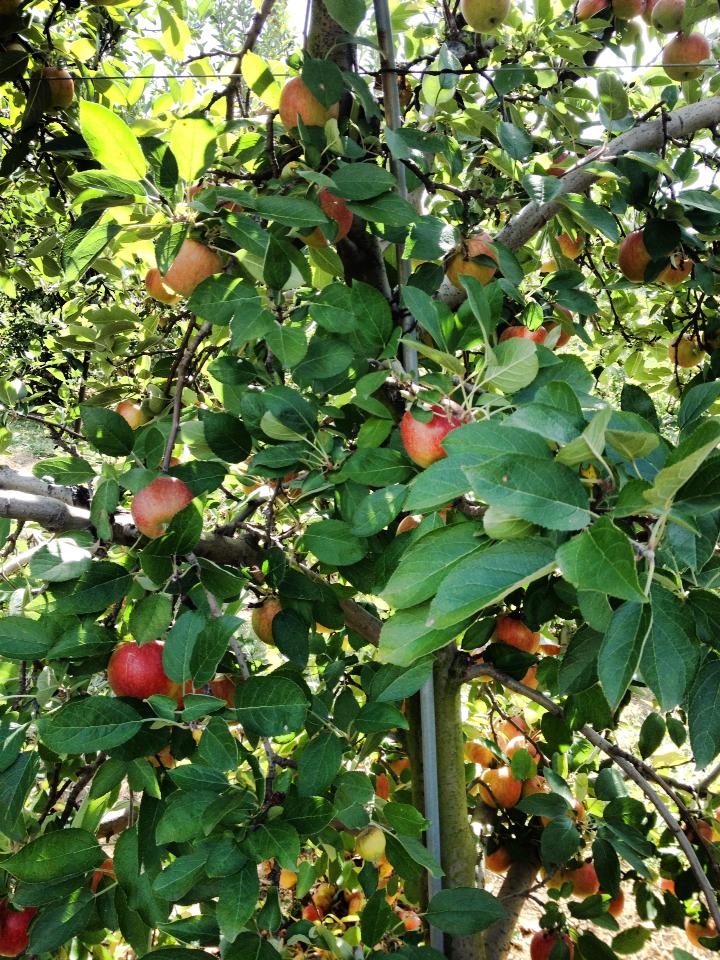Today, August 16th, marks the annual celebration of National Honey Bee Day, and we here at LGBG are proud to be a part of this observance. This year’s theme, “sustainable gardening begins with honey bees,” is very appropriate because overall beekeeping is a backyard industry. Most beekeeping activities occur in municipalities, towns and suburban areas, rather than traditional farms.[1]
The growing popularity of backyard gardening and sustainable gardening has ushered in a greater concern for honeybees by advocates of green living. More than ever, environmentally consciousness citizens are getting involved in the effort to save honey bees. As we learn and practice sustainable gardening techniques, we better understand and appreciate the important role that honey bees play as garden pollinators. Thanks to the political actions of local gardening enthusiasts, several municipalities and townships have removed anti-beekeeping ordinances and restrictive codes.
Honey bee facts
Honey bees are hard workers and affect our lives in many ways. Here are a few examples on their numerous contributions:[2]
- One-third of all fruits and vegetables are pollinated by honey bees.
- Approximately 50% to 80% of the world’s food supply either is directly or indirectly affected by honey bee pollination.
- Bee products are used in pharmaceuticals and medical procedures, including, but not limited to, bee sting therapy for arthritis, antibiotic treatment for burn victims, as well as ingredients in many over-the-counter medications.
- Honey bees’ sensitivity to pesticides makes them an excellent barometer to gauge the health of the environment. Observation of the size of the bee population in any given area at a specific time serves permits us to assess the devastating effects of pesticides and the relative danger to communities.
Today is a great day to salute honey bees. Take a look at your backyard or deck gardening. If it is thriving, thank the honey bees, who made this possible. Maybe this is a great time to commit to become an activist for sustainable farming. Remember to buy fruits and vegetables locally. This action alone goes a long way to support your community in terms of economics and environmental health.
To all of our supporters, we say HAPPY HONEY BEE DAY!
_________________
[1] http://www.nationalhoneybeeday.com.
[2] http://www.nationalhoneybeeday.com/whathoneybeesdo.html.



